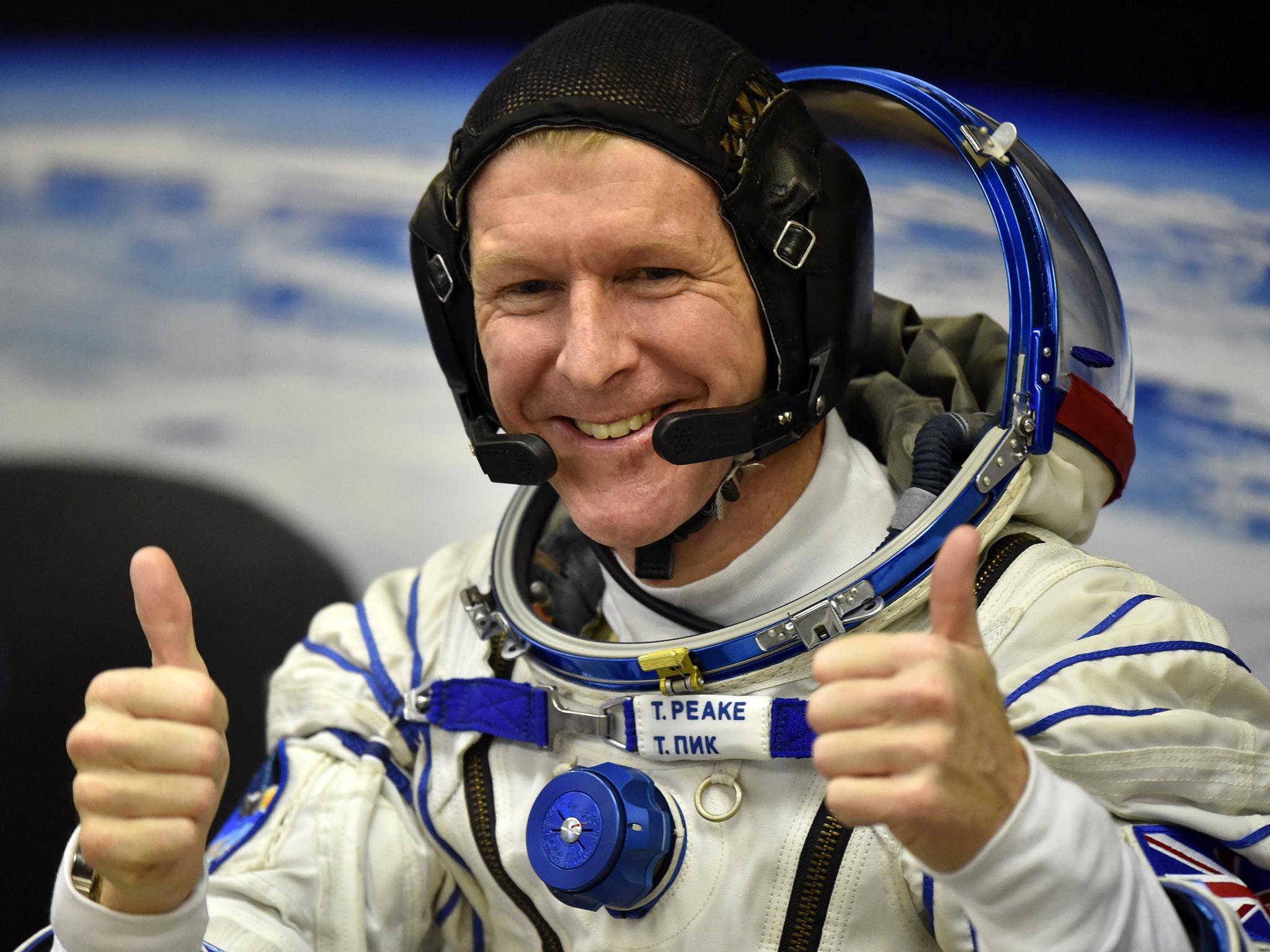The Independent's journalism is supported by our readers. When you purchase through links on our site, we may earn commission.
Astronauts who reach deep space 'far more likely to die from heart disease'
Radiation in deep space appears to damage the body's cardiovascular system

Your support helps us to tell the story
From reproductive rights to climate change to Big Tech, The Independent is on the ground when the story is developing. Whether it's investigating the financials of Elon Musk's pro-Trump PAC or producing our latest documentary, 'The A Word', which shines a light on the American women fighting for reproductive rights, we know how important it is to parse out the facts from the messaging.
At such a critical moment in US history, we need reporters on the ground. Your donation allows us to keep sending journalists to speak to both sides of the story.
The Independent is trusted by Americans across the entire political spectrum. And unlike many other quality news outlets, we choose not to lock Americans out of our reporting and analysis with paywalls. We believe quality journalism should be available to everyone, paid for by those who can afford it.
Your support makes all the difference.Astronauts who venture into deep space appear to be much more likely to die from heart disease, according to a new study.
In another sign that leaving planet Earth is fraught with danger and a potential blow to hopes of establishing a colony on Mars, researchers discovered deep space radiation appears to damage the body’s cardiovascular system.
They reported that three out of the seven dead Apollo astronauts died as a result of a cardiovascular disease, such as a heart attack or stroke.
Although the numbers are small, that rate of 43 per cent is four to five times higher than found among astronauts who flew in low Earth orbit or who did not actually go into space, according to a paper in the journal Scientific Reports.
Professor Michael Delp, one of the researchers, said: “We know very little about the effects of deep space radiation on human health, particularly on the cardiovascular system.
“This gives us the first glimpse into its adverse effects on humans.”
In an attempt to test whether the higher numbers of cardiovascular deaths were simply a statistical blip or a genuine sign of the effect of travelling into deep space, the scientists exposed mice to the same type of radiation that the astronauts would have experienced.
After six months, which is the equivalent of 20 human years, the mice showed damage to arteries that is known to lead to the development of cardiovascular disease in humans.
“What the mouse data show is that deep space radiation is harmful to vascular health,” said Professor Delp, of Florida State University.
The famous US Apollo space programme sent humans into space on 11 flights between 1968 and 1972, with nine going into deep space. An Apollo spacecraft made the first moon landing in 1969.
Nasa is currently carrying out research into the effects of prolonged spaceflight on the human body with the view of sending people to Mars. Elon Musk’s private SpaceX firm has suggested going to Mars as early as 2026.
Russia, China and the European Space Agency are also considering missions to the Moon.
After returning to Earth following his stay in the International Space Station (ISS) last month, British astronaut Major Tim Peake described the feeling as the “world’s worst hangover”.
He told a press conference before leaving the ISS that it would “take me several months before my body fully recovers in terms of bone density”.
“But generally speaking in two or three days I should be fairly comfortable back on Earth,” he said.
Join our commenting forum
Join thought-provoking conversations, follow other Independent readers and see their replies
Comments